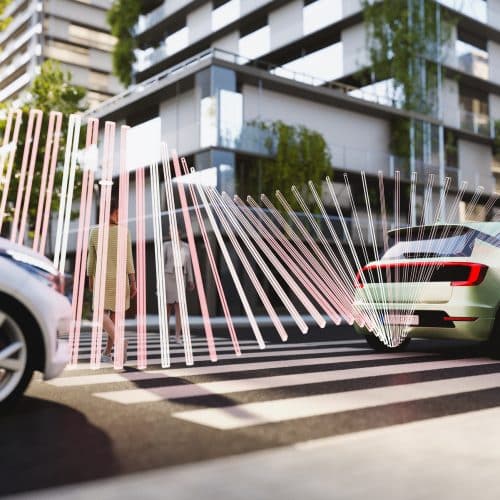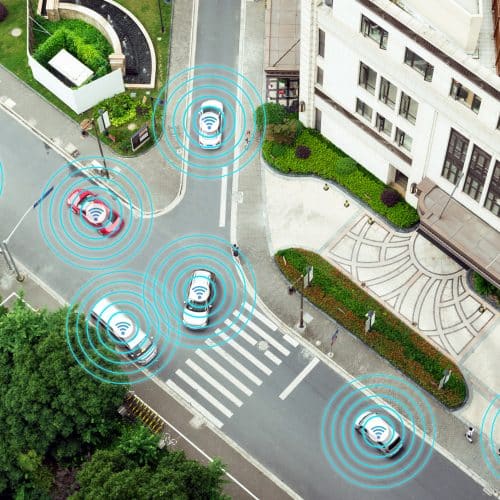In 2020, the state of Tennessee alone saw 1,221 fatalities as a result of motor vehicle accidents in Tennessee. What can be done to prevent these tragedies from happening? Could self-driving cars help reduce or even prevent accidents? Automated technologies, such as advanced driver assistance system (ADAS) technologies, are currently in use and have shown promise in reducing accidents and fatalities on the road.
There are currently no commercially available, fully autonomous vehicles. While so-called “self-driving” cars have been around for several years, they still require a human behind the wheel to monitor their performance and take over if necessary.
Pros of Self-Driving Cars in Accident Prevention
Fully autonomous self-driving cars could be game-changers in enhancing road safety. Unaffected by human distractions or fatigue, these cars have the edge of averting accidents that might otherwise occur with a human driver. Their quick response to changing traffic scenarios enables them to adeptly navigate potential hazards.
Furthermore, by easing congestion and smoothing traffic flow in busy areas, self-driving cars could lower accident rates triggered by erratic movements or sudden halts.

Cons of Self-Driving Cars in Accident Prevention
However, ensuring the safety of self-driving cars for passengers and pedestrians presents its own set of hurdles. These vehicles depend heavily on precise mapping and real-time data for decision-making, necessitating constant updates and accessibility. Implementing robust safety standards and regulations is also vital to guarantee minimum safety benchmarks for self-driving cars.
For instance, if mapping or real-time data is flawed or outdated, it could compromise the vehicle’s decision-making and lead to accidents. Cybersecurity is another concern. As these vehicles become increasingly internet-dependent, they are susceptible to hacking and other cyber threats. Malicious entities could potentially hijack a self-driving car’s controls, leading to dangerous situations.
Possibilities for the Future
Despite the challenges, self-driving cars are no longer just a futuristic concept but a burgeoning reality. They hold immense potential in curbing accidents and enhancing road safety.
Still, the path to ensuring these vehicles’ safety and accessibility for all is laden with challenges that need addressing. With ongoing innovation and collaborative efforts in this domain, self-driving cars could pave the way to safer roads.
More About Autonomous Vehicles & Related Laws
Dive into the resources below to learn about the technology and legal aspects involved in the world of so-called “self-driving” autonomous vehicles:
- Nashville Self-Driving Vehicle Accident Lawyers
- How likely are autonomous vehicles to crash?
- What causes the most deadly accidents with autonomous vehicles?
- What happens when a pedestrian is hit by a self-driving vehicle?
- Who is liable in a crash involving a self-driving car?
- Will personal injury law be affected by autonomous vehicles?







